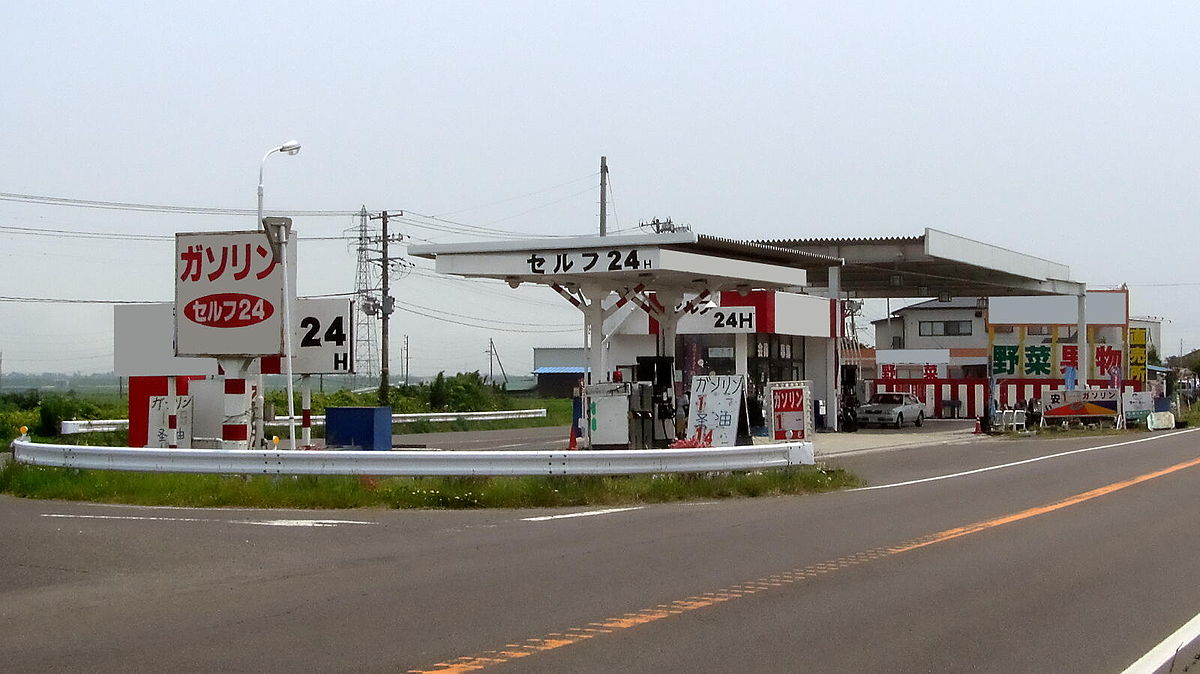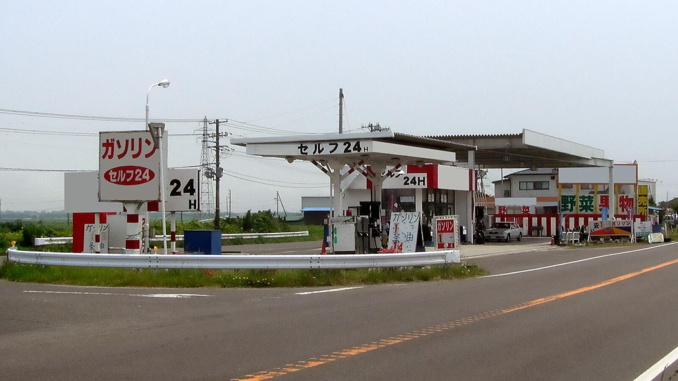Japan's Ministry of Economy, Trade and Industry has unveiled a green development strategy for the next 30 years. Among other issues, it says that the sale of new cars with petrol engines will be banned in the country by mid-2030s.
According to the document, they will be replaced by electric, hybrid and hydrogen-powered cars. For this purpose, the country's authorities intend to reduce the average cost of electric batteries to at least 10,000 yen ($97) per kilowatt-hour by 2030.
Besides, the strategy notes that Japan will expand use of renewable energy as much as possible: by 2050, the country will get from 50 to 60 percent of electric energy from renewable energy sources, 10 percent will provide power stations using hydrogen and ammonia, and the rest 30-40 percent will come from NPPs.
Earlier in December, Toyota CEO Akio Toyoda criticised the Japanese government's idea to get rid of petrol-powered cars. He said there was too much hype around electric cars and that a ban on petrol-powered cars would "collapse the current business model of the car industry", leading to the loss of millions of jobs, the WSJ reported.
source: wsj.com
According to the document, they will be replaced by electric, hybrid and hydrogen-powered cars. For this purpose, the country's authorities intend to reduce the average cost of electric batteries to at least 10,000 yen ($97) per kilowatt-hour by 2030.
Besides, the strategy notes that Japan will expand use of renewable energy as much as possible: by 2050, the country will get from 50 to 60 percent of electric energy from renewable energy sources, 10 percent will provide power stations using hydrogen and ammonia, and the rest 30-40 percent will come from NPPs.
Earlier in December, Toyota CEO Akio Toyoda criticised the Japanese government's idea to get rid of petrol-powered cars. He said there was too much hype around electric cars and that a ban on petrol-powered cars would "collapse the current business model of the car industry", leading to the loss of millions of jobs, the WSJ reported.
source: wsj.com



















